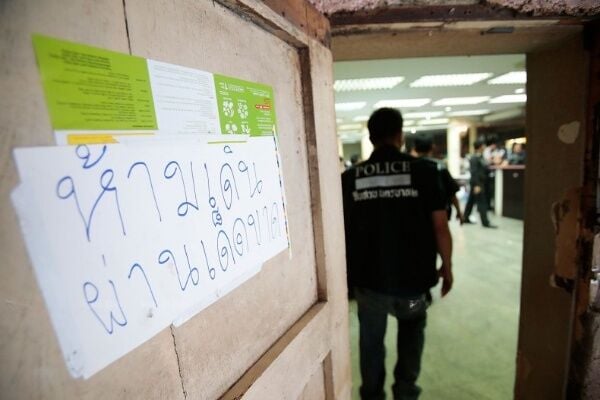Southeast Asia leads in anti-corruption initiatives with public support

Southeast Asia has emerged as a leading example of public initiatives tackling corruption, as highlighted by legal experts and academics at the Anti-Corruption Innovations in Southeast Asia conference recently held in Bangkok.
The conference, which took place on June 7, aimed to share perspectives on innovative strategies to promote integrity and good governance across the region. Experts underscored the importance of empowering the public to take action against corruption.
Technology and public-based strategies have significantly contributed to the region’s anti-corruption efforts. Digital platforms that track government spending and enable citizens to report fraudulent activities have been pivotal in this fight.
The region, aspiring to establish a corruption-free society characterised by integrity and transparency, has seen a notable increase in such initiatives, according to the participants.
Matthew C Stephenson, a professor at Harvard Law School, stressed the importance of public participation in reporting suspicious activities and fostering a culture of integrity. He noted that these efforts are essential in building a robust support system for anti-corruption measures.
Stephenson, who specialises in the political economics of public law and anti-corruption law, pointed out that Southeast Asia’s anti-corruption initiatives are driven by the urgent need for economic growth and social development. He cited Indonesia, Malaysia, and the Philippines as examples of countries using community-driven measures to enforce strict anti-bribery rules.
In Malaysia, the Anti-Corruption Commission employs advanced technologies like blockchain and artificial intelligence to monitor financial transactions and detect irregularities. These efforts have led to significant, high-profile arrests and a gradual improvement in public trust.
Despite facing various challenges and a lack of public confidence, Indonesia’s Corruption Eradication Commission (KPK) and the Philippines’ Office of the Ombudsman have established strong procedures and consistent enforcement to investigate and prosecute corrupt officials.
Stephenson emphasised that corruption could be eradicated if the fight against it is community-driven and stakeholders are actively engaged in the endeavour.
Annica Wythes, team leader of the Anti-Corruption Hub for Southeast Asia and the Pacific at the United Nations Office on Drugs and Crime, highlighted the region’s long history of corruption, affecting both business and politics, reported Bangkok Post.
“Facilitating international cooperation by addressing legislative and operational barriers and ensuring clarity in procedures for collaboration is crucial.”
Latest Thailand News
Follow The Thaiger on Google News:


























